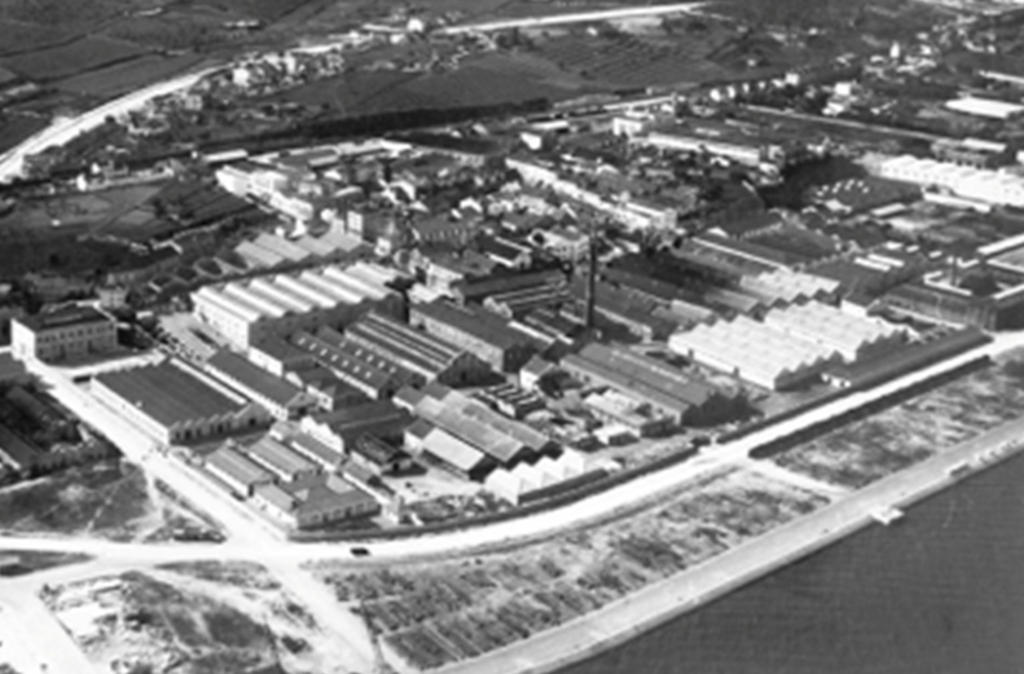In the late 19th century, the Instituto Industrial e Comercial de Lisboa further evolved into higher education institutions. In 1884, it introduced commerce courses, and in 1896, it began offering engineering programs. These developments eventually led to the establishment of two separate institutes in 1911: the Instituto Superior Técnico (IST), focusing on engineering, and the Instituto Superior de Comércio, now known as ISEG - Instituto Superior de Economia e Gestão, specializing in commerce and finance. These institutes played a crucial role in shaping the educational landscape in Lisbon and laid the foundation for future advancements in technical education.
However, the Instituto Industrial e Comercial de Lisboa itself ceased to exist with the end of the Portuguese monarchy in 1911. The dissolution of the institute was accompanied by the birth of IST and ISEG, which became independent institutions dedicated to higher education in their respective fields.
Interestingly, in 1918, a new Instituto Industrial de Lisboa was established as an intermediate school to provide training for technicians in various engineering-related fields. Although this institution did not offer higher education programs, it played a vital role in vocational education. From 1924 to 1926, it conferred the professional title of Engenheiro Auxiliar (Auxiliary Engineer), and from 1926 to 1974, it granted the title of Agente Técnico de Engenharia (Technical Agent of Engineering). These vocational education programs equipped students with practical skills and knowledge needed to work in the industry.
In 1974, the Instituto Industrial de Lisboa underwent another transformation and became the Instituto Superior de Engenharia de Lisboa (ISEL). This marked a significant shift towards providing higher education in engineering. In the following years, ISEL became part of the Instituto Politécnico de Lisboa, which brought together several polytechnic schools of higher education. The institute began conferring the professional title of engenheiro técnico (technical engineer) after the completion of a three-year course.
Lisbon.vip Recommends
In recent years, significant reforms have taken place in higher education in Portugal, aligning the education system with the Bologna process and European standards. As a result, the formal differences between polytechnic and university degrees in engineering have diminished, and graduates from both types of institutions are generally recognized equally across Europe. However, there are still cases where certain engineering degrees conferred by polytechnic institutes and private institutions may not be fully recognized by the Ordem dos Engenheiros, particularly in terms of professional accreditation.
The Industrial and Commercial Institute of Lisbon, in its various incarnations and evolutions, has played a crucial role in the development of technical education in Portugal. From its founding in the mid-19th century to its transformation into ISEL and its integration into the Instituto Politécnico de Lisboa, the institute has contributed significantly to the training of engineers and professionals in the industrial and commercial sectors. With its rich history and ongoing commitment to technical education, the institute has left a lasting impact on the educational landscape of Lisbon and Portugal as a whole.



